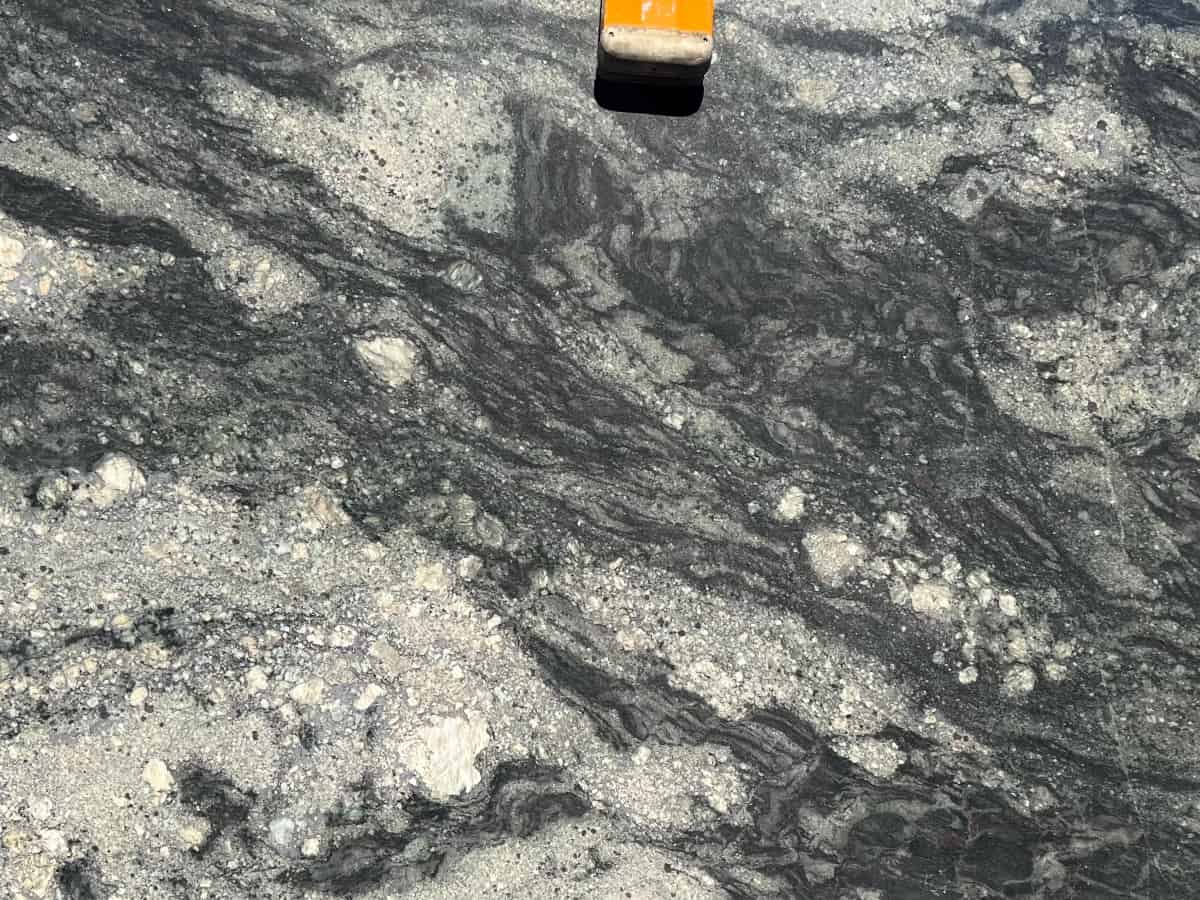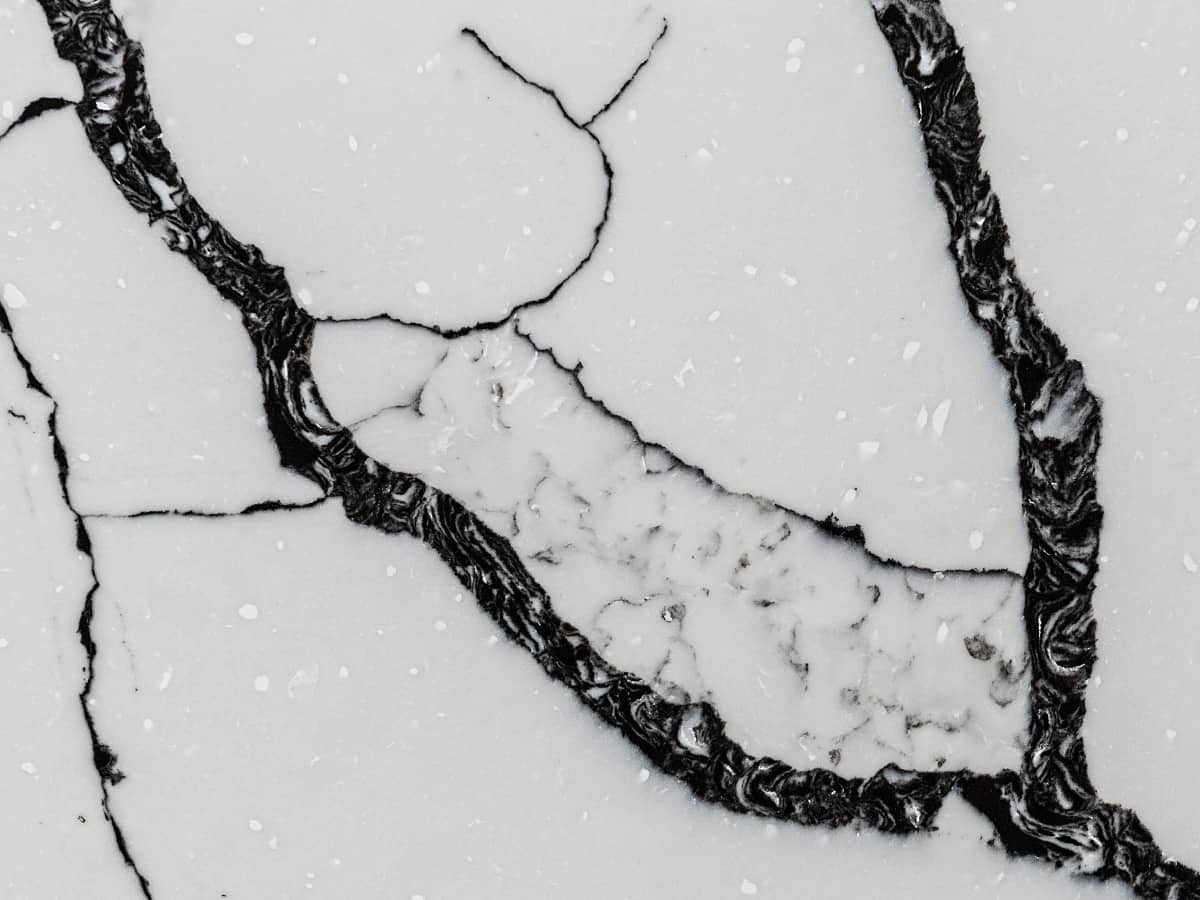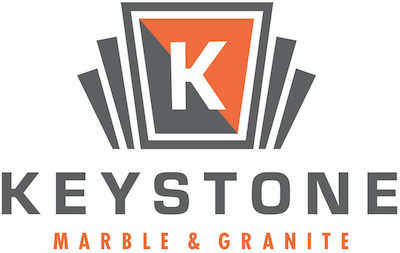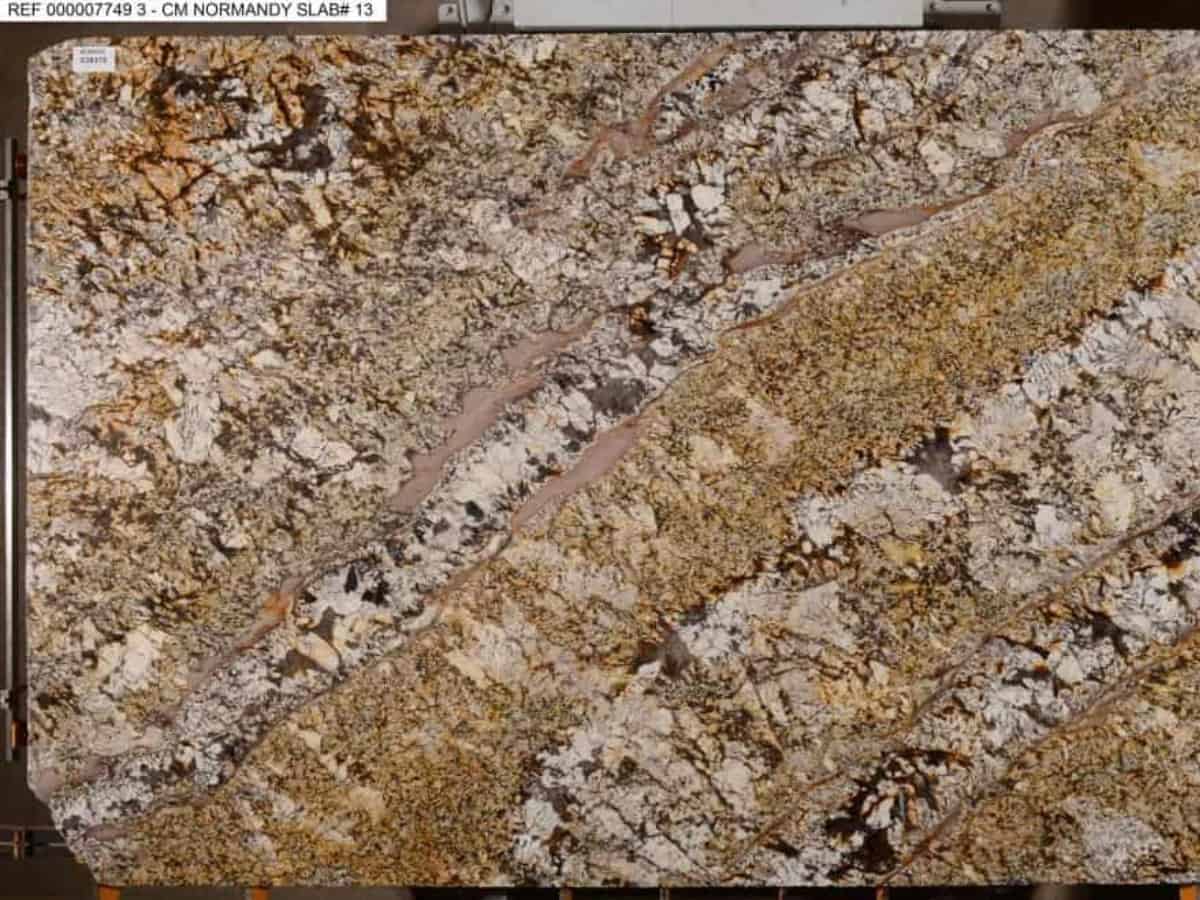Granite and quartz are two types of mostly used materials used for kitchen countertops and other high-traffic areas. The materials you will use will determine the quality of your time in the kitchen.
When choosing countertop materials, you need to select products suitable for your lifestyle and the general decoration of the kitchen. Granite is a type of rock primarily composed of minerals such as feldspar, quartz, and mica.
On the other hand, quartz is one of the most abundant minerals on Earth and is an engineered stone, unlike granite, which is a natural stone.
While both offer durability and elegance, there are crucial differences between granite vs. quartz, including their composition, maintenance requirements, and appearance. This article will help you choose the perfect material for your home.
While granite is 100% naturally extracted, processed, and presented to the market during the production and presentation phase, Quartz is naturally extracted between 90-97%, processed with various resins, and presented to the market.
Granite stone is considered a natural stone, although both fall under the marble group and occur naturally.
Quartz is considered an artificial (composite) stone because it cannot maintain its 100% purity.
Although quartz is composed entirely of natural quartz crystals, its production is not natural because the final product (composite) varies in appearance, consistency, and color depending on the polymer resins and other components combined with quartz.
The hardness of both (Mohs scale) is very close to each other (6.5-7), but both are the hardest natural stones on earth after Diamond (10 Mohs). According to research, Granite hardly emits Radon Gas, while Quartz is not so successful. As a result of research, it has been revealed that materials made of quartz emit Radon Gas, albeit a little.
Although Quartz and Granite have the same average hardness, Quartz is one step ahead of Granite in terms of durability, as it is more flexible against heavy pressure and impact thanks to the polymer resins in its production.
In composite materials, quartz is again more durable than Granite, with an average of 90% quartz.
Here are some other key differences between granite and quartz:
Granite vs. Quartz Pros and Cons
It can be hard to find the best or the most ideal among all countertop products because each material has advantages. The more these advantages fit your purposes, the more ideal the countertop material will be. For this reason, we explored the pros and cons of quartz vs. granite:
- Composition
Granite is a natural stone comprising minerals such as quartz, feldspar, and mica. Quartz is an engineered stone that is made up of 93% quartz crystals and 7% resin.
- Heat resistance
Both materials are very durable and resistant to scratches, heat, and stains. However, granite is more porous than quartz. It might require more frequent sealing because it can stain more easily.
- Weight
Quartz is lighter than granite with an average weight of 10-18 pounds per square foot because it is an engineered stone. However, granite has an average weight of 18-24. Pounds per square foot because it is a dense natural stone.
- Appearance
Granite has a unique natural appearance with visible grains and patterns, while quartz slab has a more uniform appearance with a wide range of colors and patterns.
- Sustainability
Both granite and quartz have environmental impacts, but granite is considered more sustainable because it is a natural material that can be reused and recycled.
- Countertops maintenance
When it comes to maintenance, quartz is virtually maintenance-free and does not require sealing, while granite requires regular sealing because of its more porous surface. 
Granite vs. Quartz Disadvantages
Although granite and quartz are two popular materials used for home design, they each come with disadvantages. Since the disadvantages of granite vs. quartz are often worried, we explored them in detail:
What are the disadvantages of granite?
- More porous surface: I can absorb liquids and stains, leading to discoloration and damage if you do not clean the spills immediately.
- Regular maintenance requires regular sealing of granite to prevent stains.
- More expensive: Choosing high-end varieties and custom finishes can be more costly than other materials.
- Limited color options: Its color options are limited compared to other materials like quartz.
What are the disadvantages of quartz?
- Sensitive to UV rays: Prolonged exposure to sunlight can damage the material.
- Scratching: although it is a durable material, it can be scratched with enough force.
- Sensitivity to chemicals: Be careful about specific chemicals, such as solvents and harsh detergents, because they can damage the material’s surface.
- Heat resistance: despite its heat resistance, you need to know it is not heat-resistant.
Related Read: How Granite Countertops are Made?
Is Quartz or Granite Better for Resale Value?
Both granite and quartz add significant value to a home, but granite has a slight edge regarding resale value. Granite countertops add significant value to your design project and are often sought after by homeowners and designers. The resale value of granite kitchen countertops can range from 50% to 75% of the renovation cost.
On the other hand, although quartz has become popular in recent years, it may not add as much value to a home as granite.
The resale value of quartz kitchen countertops ranges from 50% to 60% of the renovation cost. However, other factors, such as the home’s overall condition, location, and the current real estate market, can also impact the resale value of your home.

Quartz vs. Granite Countertops: Cleaning and Maintenance
If you are considering designing your home with granite and quartz countertops, you need to how to clean the surface without any damage. Although quartz and granite countertops are resistant to stains and scratches, there are points to be considered in maintenance and cleaning applications.
Although granite countertop surfaces can easily withstand all conditions, they should be periodically maintained with applications such as wiping and polishing at least once a year to keep the surface smooth, impermeability, and gloss features. Quartz countertops do not have such a standard.
While both countertops show superior resistance to chemical cleaners, this resistance may vary depending on the properties of the polymer resins used to produce quartz countertops.
Another point to be noted; while it is not possible to repair quartz countertops if it is damaged in some cases, Granite can be repaired with surface polish while quartz countertops cannot be repaired in such a way.
DIY Suitability
Regarding DIY suitability, granite, and quartz require a professional installer.
Granite slabs can be challenging to cut and shape without specialized tools and expertise, which may make it more difficult for DIY projects. However, Since Quartz is highly durable and easy to maintain, its uniformity makes it a more straightforward material for DIY enthusiasts.
How to Clean These Materials?
To clean granite and quartz slabs, it’s essential to use gentle cleaning methods that won’t damage the surface. Here are some tips for cleaning each material:
- Wipe down the quartz surface with warm water and a soft cloth or sponge.
- For tougher stains or spills, use a mild soap or quartz or granite cleaner and wipe the surface with a soft cloth.
- Avoid using abrasive cleaners or pads that could scratch the surface.
- Dry the surface with a clean, dry cloth to prevent water spots.
What Lasts Longer Quartz or Granite?
Both granite and quartz are amazing stones that can withstand a lot of wear and tear. Their longevity depends mostly on how often they are used and how well they are taken care of. In the case of strength by square foot, granite is the denser stone. A high-quality granite slab, with proper care and maintenance, can last decades without needing replacement.
Quartz is an engineered stone and it is also known for being durable and long-lasting. As it is an engineered stone, its durability is significantly influenced by the quality of the manufacturing. Moreover, the thickness of the quartz slab plays an important role as well. Usually, thicker slabs of quartz are considered to be of higher quality and the thickness can add a lot of stability to the stone.
In short, it is hard to definitively say which one is the more long-lasting option granite vs. quartz as there are many variables. Depending on the quality of the slabs, both quartz and granite will serve you for a long time.
Can You Put a Hot Pan on Granite?
Heat resistance is one of the many benefits of granite countertops that make it such as popular choice. Granite is a metamorphic stone that is created in the crust of the earth under immense pressure and heat. Therefore it can withstand the amounts of heat that can commonly occur in a home kitchen without a problem.
However, as it is a natural stone, it needs to be sealed. Sealed granite countertops aren’t heat resistant because the sealant that is applied on top of the stone to protect it from dirt and spills isn’t heat resistant. Therefore if you were to place hot pots and pans on the countertops, you run the risk of burning the sealant. Even if the heat causes damage to the sealant, the stone itself wouldn’t be harmed by the heat.
However, that isn’t advisable as the sealant is there to protect the stone, thus if the sealant loses its structural integrity, dirt and spills can get to the stone causing stains or bacteria. To ensure that the countertops for your kitchen aren’t damaged, it is best to use trivets.
Conclusion
In this article, we explored the main differences between granite and quarts to help you choose the best material for your home design. Ultimately, granite and quartz have pros and cons, and the decision comes down to what works best for your lifestyle, budget, and aesthetic preferences.
However, you need to consider the differences in composition, resistance, maintenance, price range, and appearance when it comes to deciding which one is more suitable for your home.
Please note that choosing the right brand for your countertops is important when designing a functional and stylish kitchen or bathroom. A high-quality brand will ensure that your countertops are durable, long-lasting, and easy to maintain.
Additionally, choosing between granite and quartz is a critical decision that can affect your space’s overall look and feel. By selecting the right brand and material, you can ensure that your countertops will be a functional and beautiful addition to your home for years.


